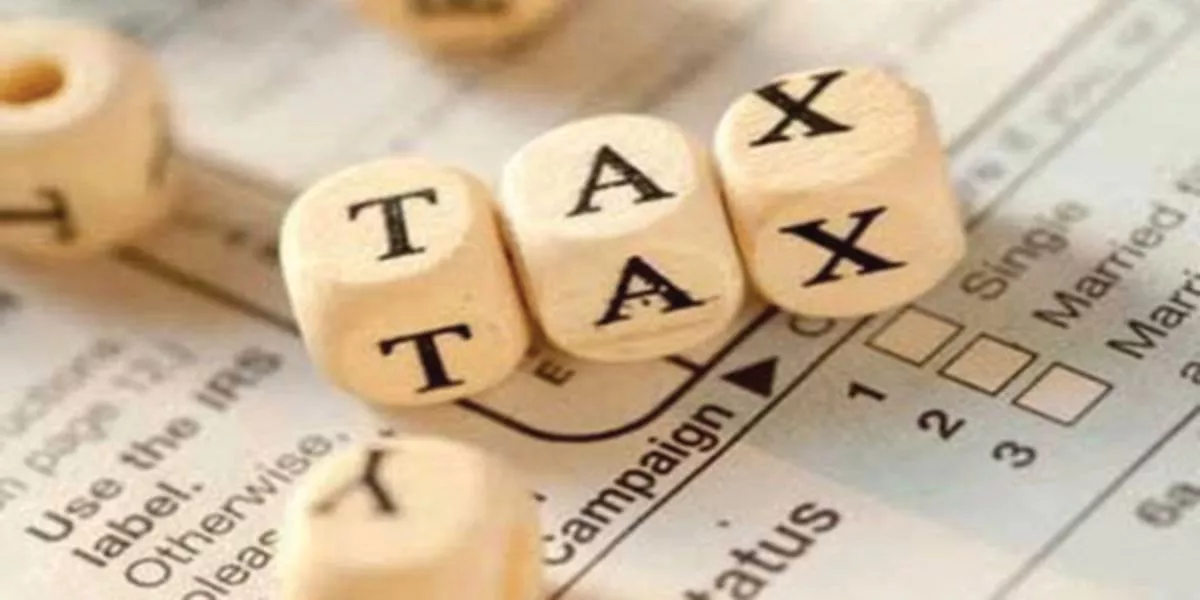Islamabad, May 4, 2025: In a bold and controversial move, Pakistan’s federal government is gearing up to raise its tax collection target by a staggering Rs. 2 trillion next fiscal year — pushing the total to an eye-watering Rs. 14.3 trillion.
This represents a 16% jump from this year’s revised target and amounts to roughly 11% of the nation’s projected GDP for FY26.
But what does this mean for the average citizen and the business landscape? Let’s break it down.
To achieve this ambitious goal, the government is eyeing at least Rs. 500 billion in new tax measures, piling onto the Rs. 1.3 trillion already squeezed from salaried individuals this year.
However, this new figure even overshoots the Federal Board of Revenue’s (FBR) internal forecasts and still awaits a green light from the International Monetary Fund (IMF), whose critical budget review kicks off on May 14.
Adding to the tension, Finance Minister Muhammad Aurangzeb is set to unveil the national budget on June 2 or 3, with many stakeholders anxiously watching.
Business groups, like the Overseas Investors Chamber of Commerce and Industry (OICCI), have raised alarm bells — urging the government to scrap the Rs. 5,000 currency note to clamp down on the cash economy, protect low-income earners, and grant tax relief to compliant taxpayers.
The OICCI has also called for a gradual reduction in corporate tax rates from 29% to 25%, slashing the super tax from 10% to 6%, and restoring zero-rating for export-related sales.
Yet, many of these appeals clash head-on with IMF demands, making their implementation politically tricky.
Notably, the government has already hiked the petroleum levy by Rs. 18 to Rs. 78 per liter, hoping to fatten up revenue numbers — though experts warn that significant gains remain unlikely without broader reforms.
Comparatively, regional economies like Bangladesh and Vietnam have cushioned their taxpayers with balanced reforms and targeted subsidies, raising questions about whether Pakistan can follow suit or will continue its heavy reliance on blunt tax measures.
Read More: Govt Insists IMF Program on Track As India Asking IMF to Review Pak Loan
As Pakistan edges closer to its next budget announcement, all eyes are on whether these sweeping tax moves will help stabilize the economy or further burden an already stretched public.
What do you think — can Pakistan strike the right balance between IMF commitments and public relief? Stay tuned for our full budget coverage and expert breakdowns in the coming weeks!









